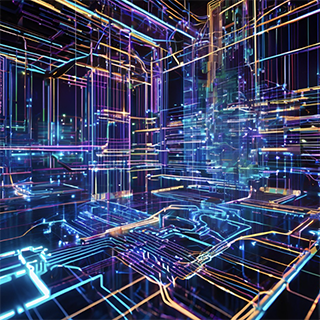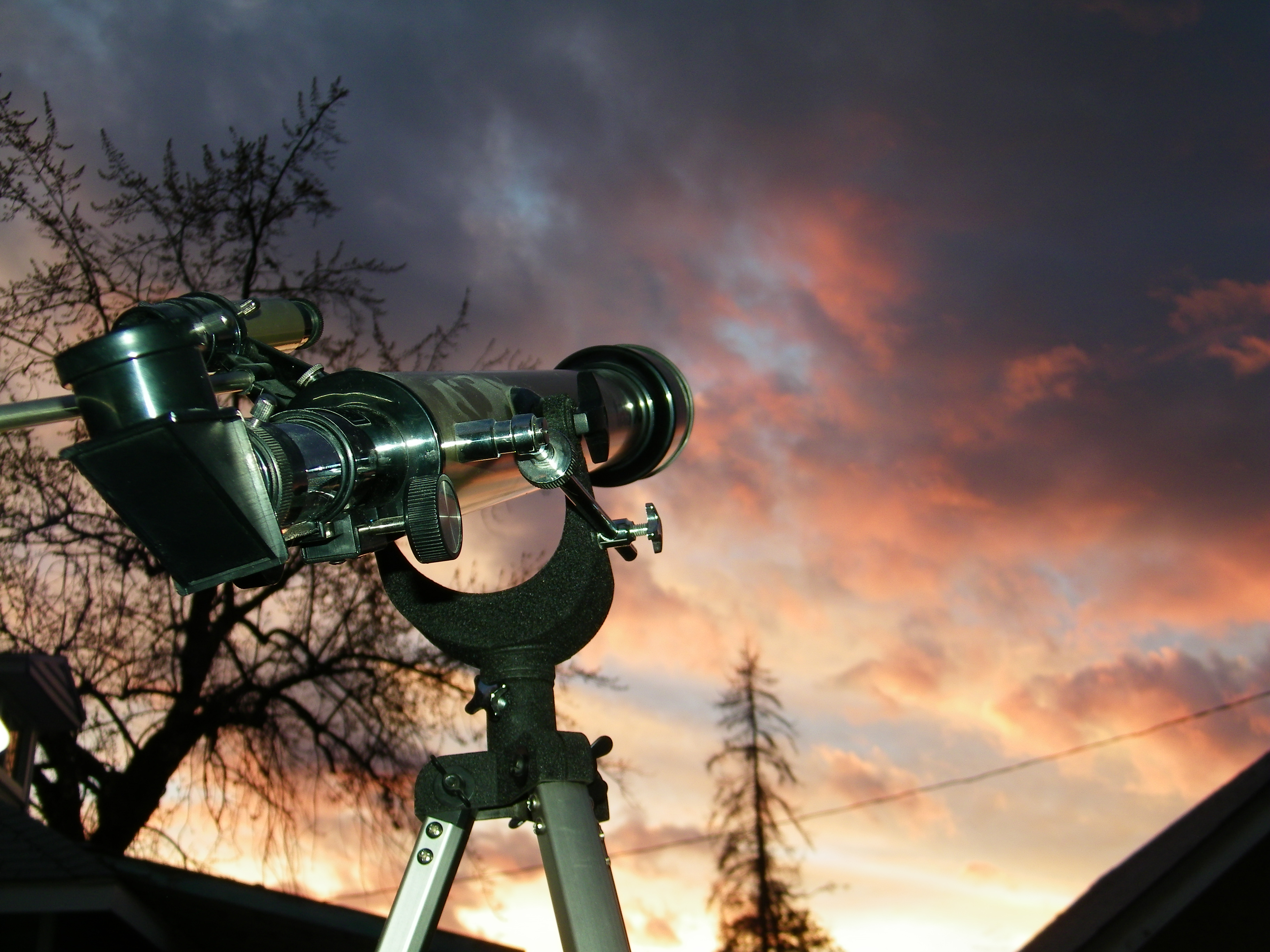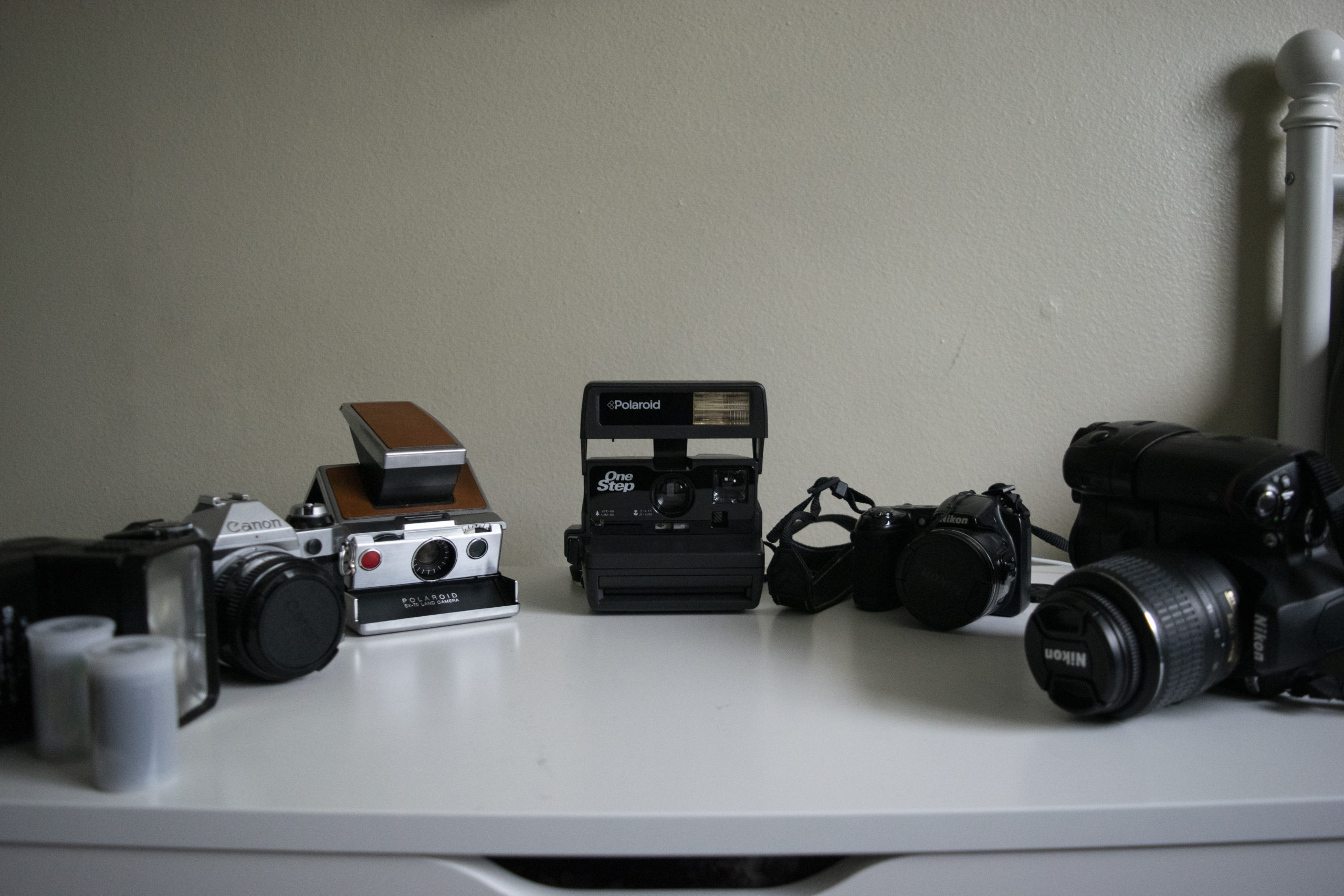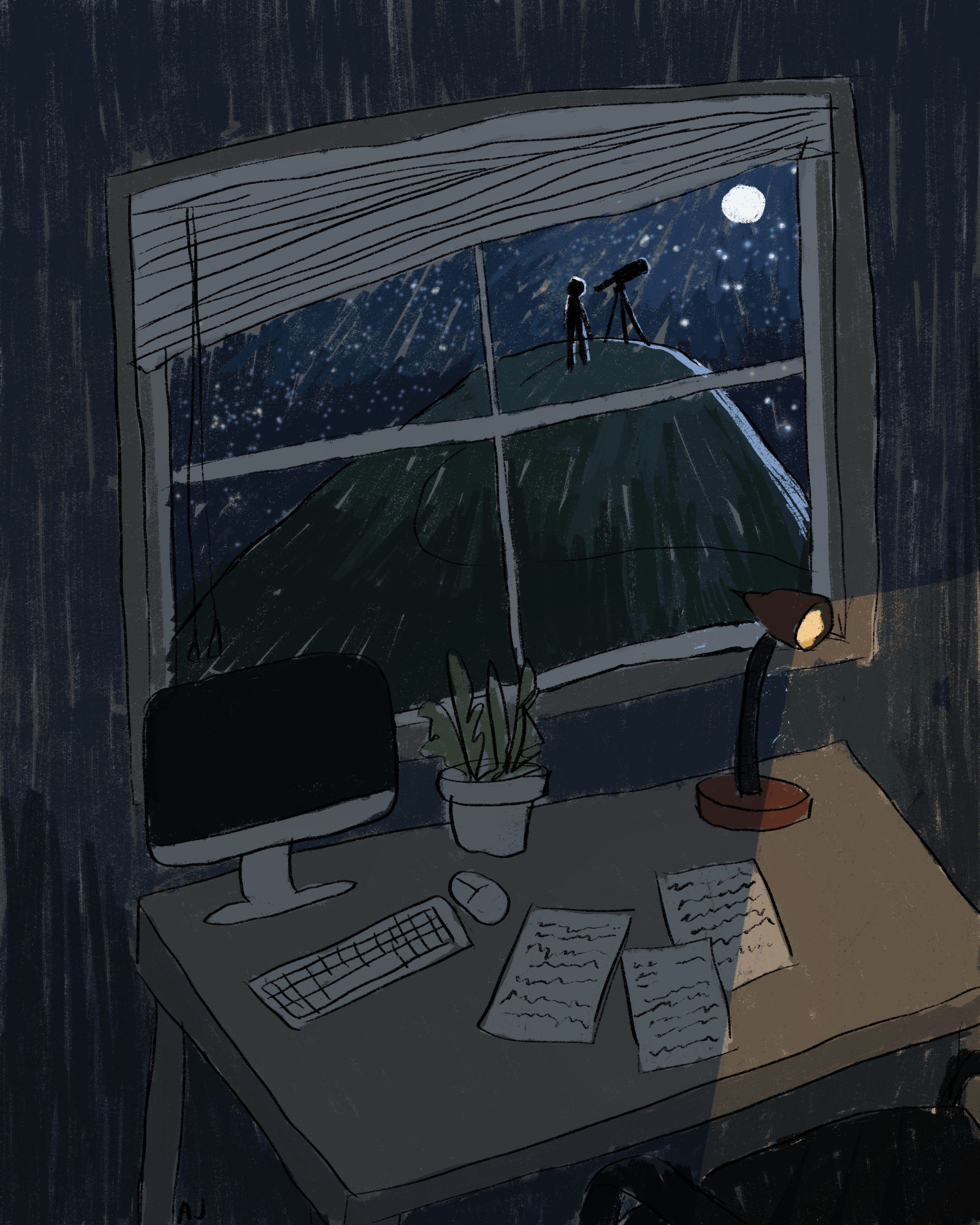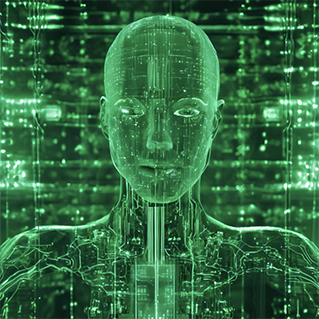
With Artificial Intelligence (AI) becoming more and more prevalent in our daily lives, concerns about how it will impact the future begin to arise.
The evolution of AI is an inevitable outcome of technological advancement.
David Vosen, cybersecurity and computer science faculty at SFCC, explains how people should respond to continuous development in artificial intelligence.
“It’s going to evolve, and does that mean we should be terrified?” Vosen said. “Only if we’re unwilling to change and adapt. There’s always gonna be somebody in the top 1 percent who doesn’t have to adapt, but those are far and few between. So the rest of us will have to embrace lifelong learning, and part of that is staying informed on how AI tools work.”
Another reason adaptation is becoming more necessary is because of how technology will create higher standards for workers and students. As standards of technological capability increase over time, the expectations for what people are able to accomplish increase as well.
“The expectations, unfortunately, go up with that kind of technology,” Vosen said. “And so those that don’t use it, it’ll be harder for them to ‘walk’, metaphorically, in any given day to be successful.”
With technological advancements, a large concern can be how it can affect the job market, but in the instance of AI, a lot of the damage to job opportunities is people doing it to themselves. In a classroom setting, this can also apply to how much you have truly learned and retained throughout education.
“If you don’t allow your brian to work hard, then it’s not gonna be a very strong muscle when you get through education,” Vosen said. “So there’s the real danger of AI in my opinion: is the atrophy of the brain in students, and faculty…”
In a workplace setting, this also applies. If staff members rely too much on AI, it could remove their value in the workplace.
“If employees and workers just used AI, and they don’t actually use it as a tool, and they use and abuse it as their own work, then at some point, their job is gonna go away, because they’ll say ‘If you’re just using AI, then we’ll just pay AI to do it for you’,” Vosen said.
Despite people’s fears that AI is self-aware and free thinking, it is still just an algorithm.
Thomas Nelson, Cybersecurity and Computer Science professor at SFCC, explains how there are many elements of human thought that AI is still incapable of replicating.
“One of the hardest things to do in programming, believe it or not, is coming up with a random number,” Nelson said. “The closest I ever got was… making a slot machine… but it was still following a formula. It counted off by the milliseconds. Time was the only random value… It still wasn’t random. It wasn’t abstract. Until we can conquer that, and computers can come up with random stuff, or even have the desire to come up with random stuff.”
Nelson also addresses a point that the expectation of creating free thinking is unrealistic, when we can hardly perceive how we ourselves are able to think freely.
“People have that ability, and I don’t think even we know where it comes from exactly, other than ‘its human nature’.” Nelson said. “So how can we create that in something else? I have no idea. And that’s why I think it’s not gonna happen anytime soon.”
Will Sweet, General Education student at SFCC, aspires to become a teacher and offers a perspective of the long-term detriment AI could potentially have on the creative landscape, and the world.
“AI doesn’t have the humanity that natural art does. Technological advancement is leading to the downfall of the planet,” said Sweet.
Sweet believes that AI isn’t just a threat to human creativity and innovation, but also the future of education and employment.
“Education is gonna become more prevalent. The more educated people are, the more AI is gonna have a place to take those jobs.” Sweet said. “And then automation is gonna rapidly increase, until there will be very few people in work and most people will end up being in fields they don’t want to be in.”
Overall, Sweet sees AI as a long-term negative towards society, and humanity as a whole.
“I don’t think this’ll be a tool that’ll help humanity in the long run,” Sweet said. “If we dedicate our time in creating something artificial in the hopes that its gonna better the world, instead of bettering it ourselves, then what’s the point of humans?”
Sweet was then asked if there were any potential benefits of AI for humanity.
He simply responded “No.”
